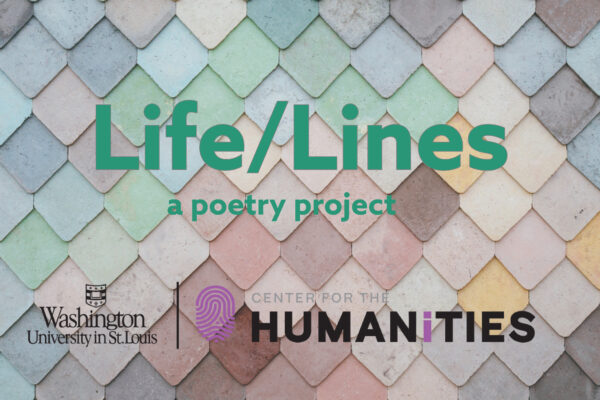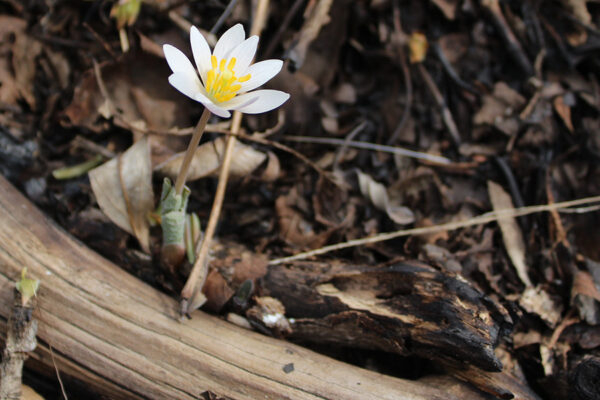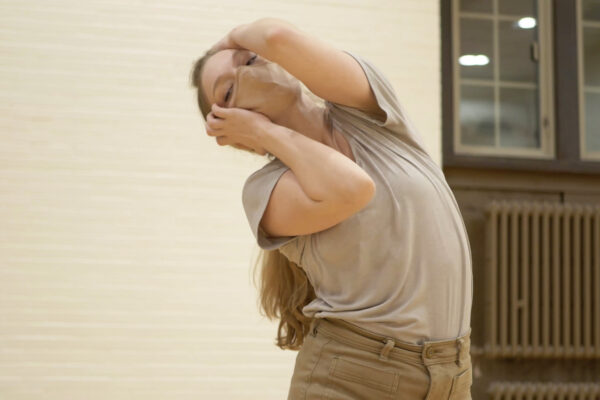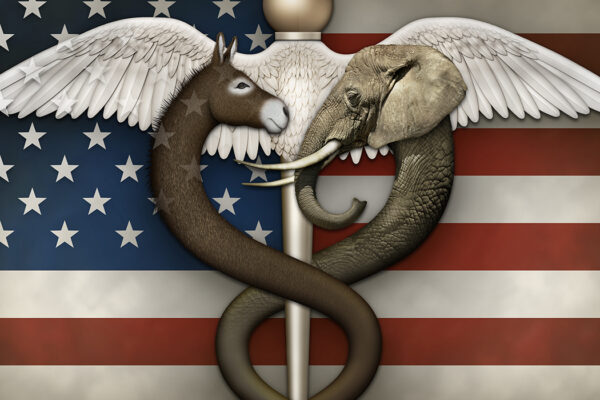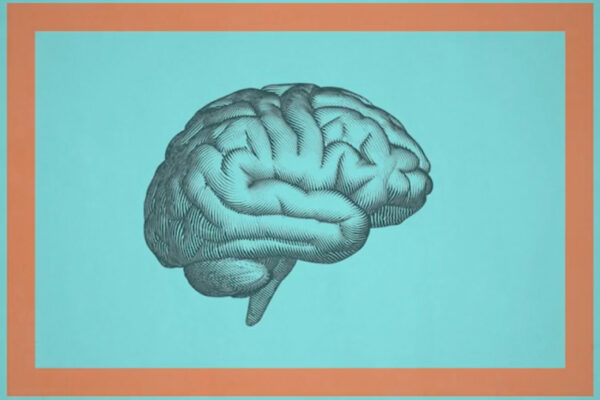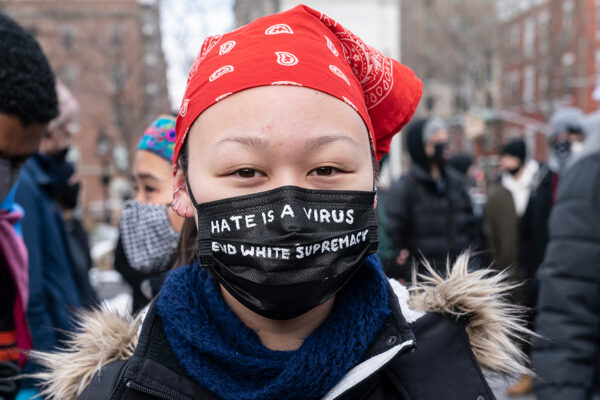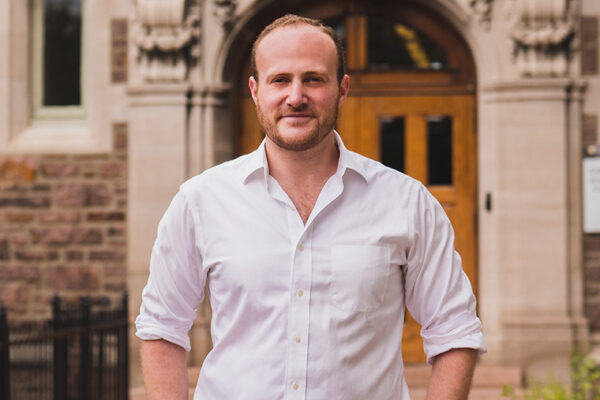Coastal lupine faces specific extinction threat from climate change
Tidestrom’s lupine is a delicate flowering plant that is part of a dune ecosystem along the west coast of the United States. Biologist Eleanor Pardini in Arts & Sciences has tracked Tidestrom’s lupine at the Point Reyes National Seashore in central California for more than 14 years.
Life/Lines is back for 2021
The Center for the Humanities in Arts & Sciences will celebrate National Poetry Month with a new installment of Life/Lines, the daily poetry practice.
Yes, spring flowers are blooming earlier. It might confuse bees.
More species are blooming at the same time than in the past. Matthew Austin, biodiversity postdoctoral fellow with the Living Earth Collaborative, is studying how changes in flower timing affect ecological and evolutionary dynamics of pollination systems.
Charting new ‘Pathways’
“Pathways,” the 2021 MFA Student Dance Concert, will begin streaming March 27. The program will feature original choreography by Luewilla Smith-Barnett, Thomas Proctor and Leah Robertson.
Widening political rift in U.S. may threaten science, medicine
Public participation is critical to the success of medical research. Yet recruiting volunteers for trials is increasingly challenging. New Washington University research suggests the widening ideological gap in the U.S. may be to blame.
Seeing exponential growth for what it is
Jeffrey M. Zacks, professor of psychological and brain sciences in Arts & Sciences, and of radiology at the School of Medicine, explains why we have such a difficult time with exponential growth and how to make its presentation easier to understand.
Anti-Asian racism nuanced and often intertwined in misogyny
Washington University’s Ariela Schachter and Linling Gao-Miles share their perspectives on the recent killing of eight people — including six women of Asian decent — in Atlanta and the history of anti-Asian racism and violence in the U.S.
Mathematician Frankel receives NSF CAREER Award
Steven Frankel, assistant professor of mathematics and statistics in Arts & Sciences, received a CAREER Award from the National Science Foundation for his project “Universal Circles Between Dynamics and Geometry.”
Wysession receives award for science literacy work
Michael Wysession, professor of earth and planetary sciences in Arts & Sciences, was recently named the winner of the 2021 Geosciences in the Media Award of the American Association of Petroleum Geologists. The honor recognizes Wysession’s many achievements in promoting geoscience literacy and education.
Breaking down the American Rescue Plan
The American Rescue Plan is a remarkable effort to jump-start the U.S. economy — unprecedented in scale outside of major wars — and will lead to very fast growth of the U.S. economy over the next year, according to Steven Fazzari, director of the Weidenbaum Center on the Economy, Government and Public Policy.
View More Stories

